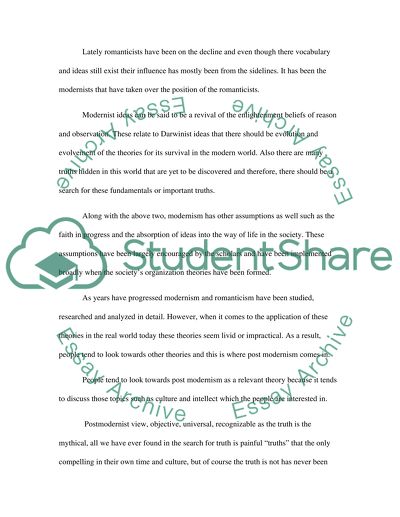Cite this document
(“Advance organizational behaviour Coursework Example | Topics and Well Written Essays - 2250 words”, n.d.)
Retrieved from https://studentshare.org/finance-accounting/1421958-advance-organizational-behaviour
Retrieved from https://studentshare.org/finance-accounting/1421958-advance-organizational-behaviour
(Advance Organizational Behaviour Coursework Example | Topics and Well Written Essays - 2250 Words)
https://studentshare.org/finance-accounting/1421958-advance-organizational-behaviour.
https://studentshare.org/finance-accounting/1421958-advance-organizational-behaviour.
“Advance Organizational Behaviour Coursework Example | Topics and Well Written Essays - 2250 Words”, n.d. https://studentshare.org/finance-accounting/1421958-advance-organizational-behaviour.


